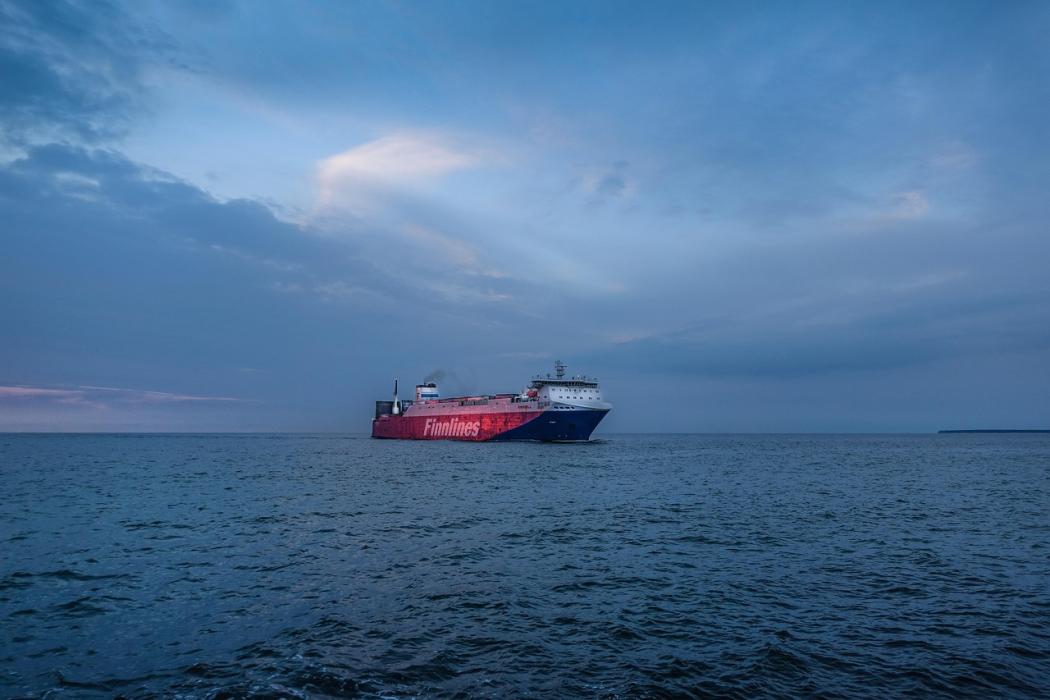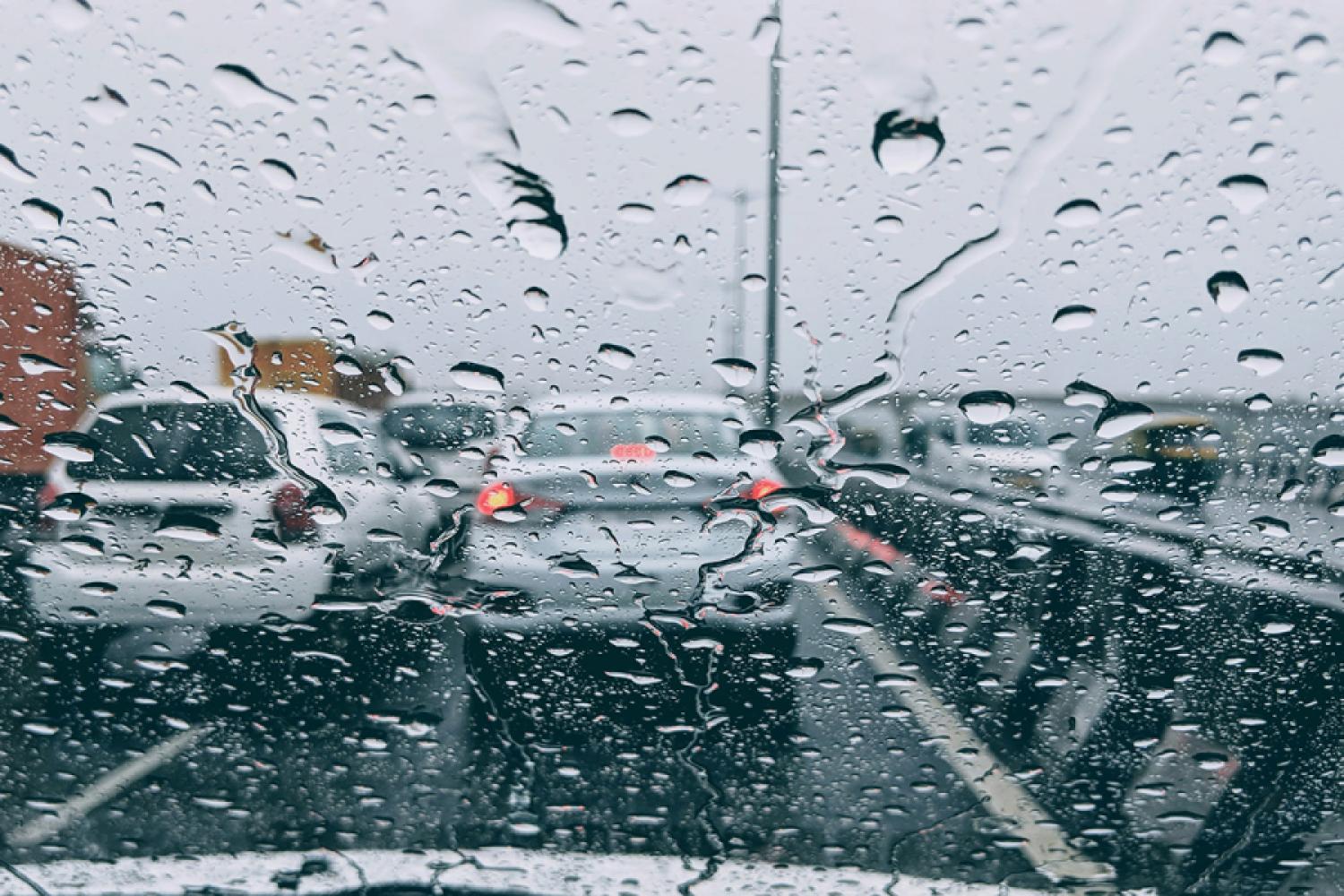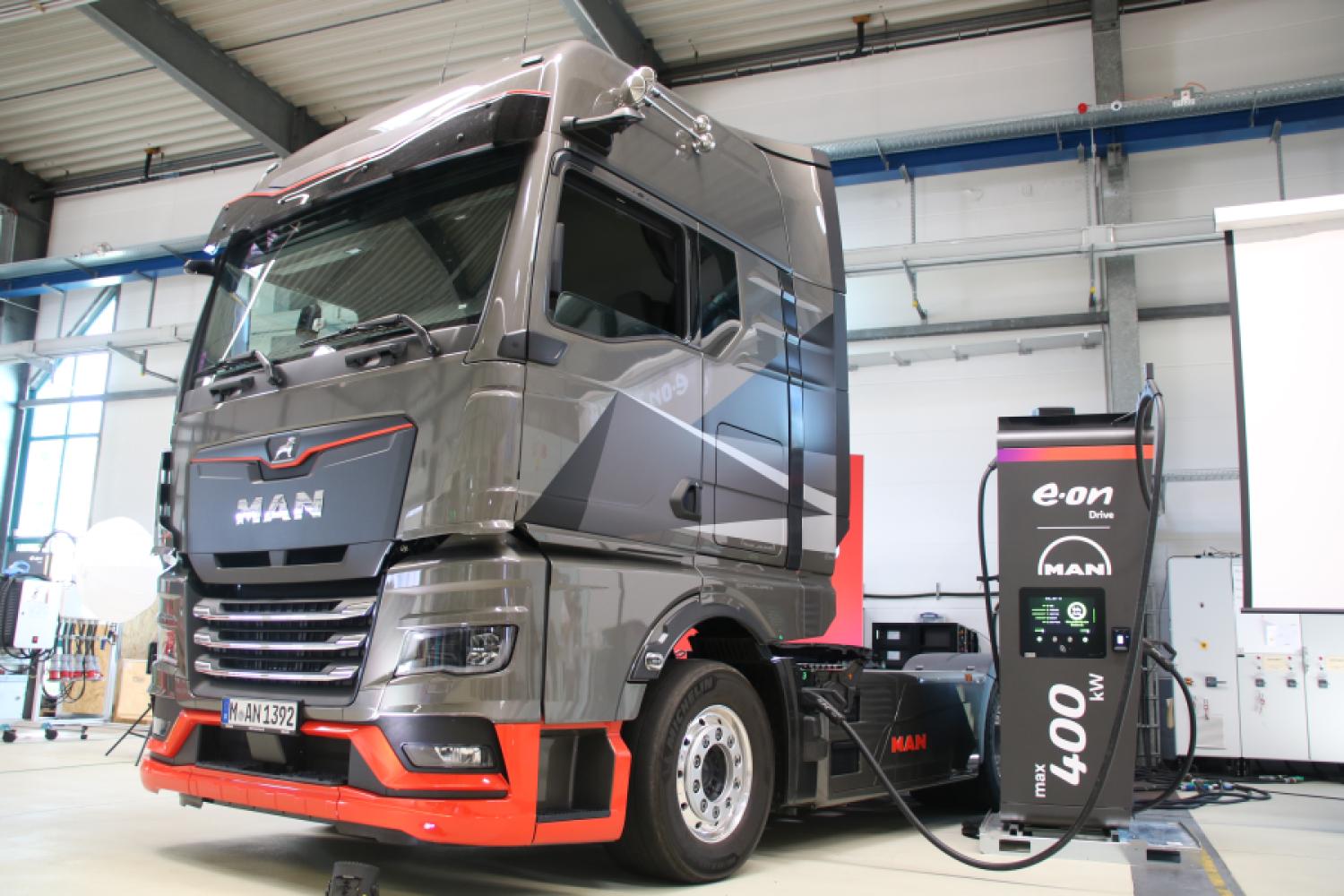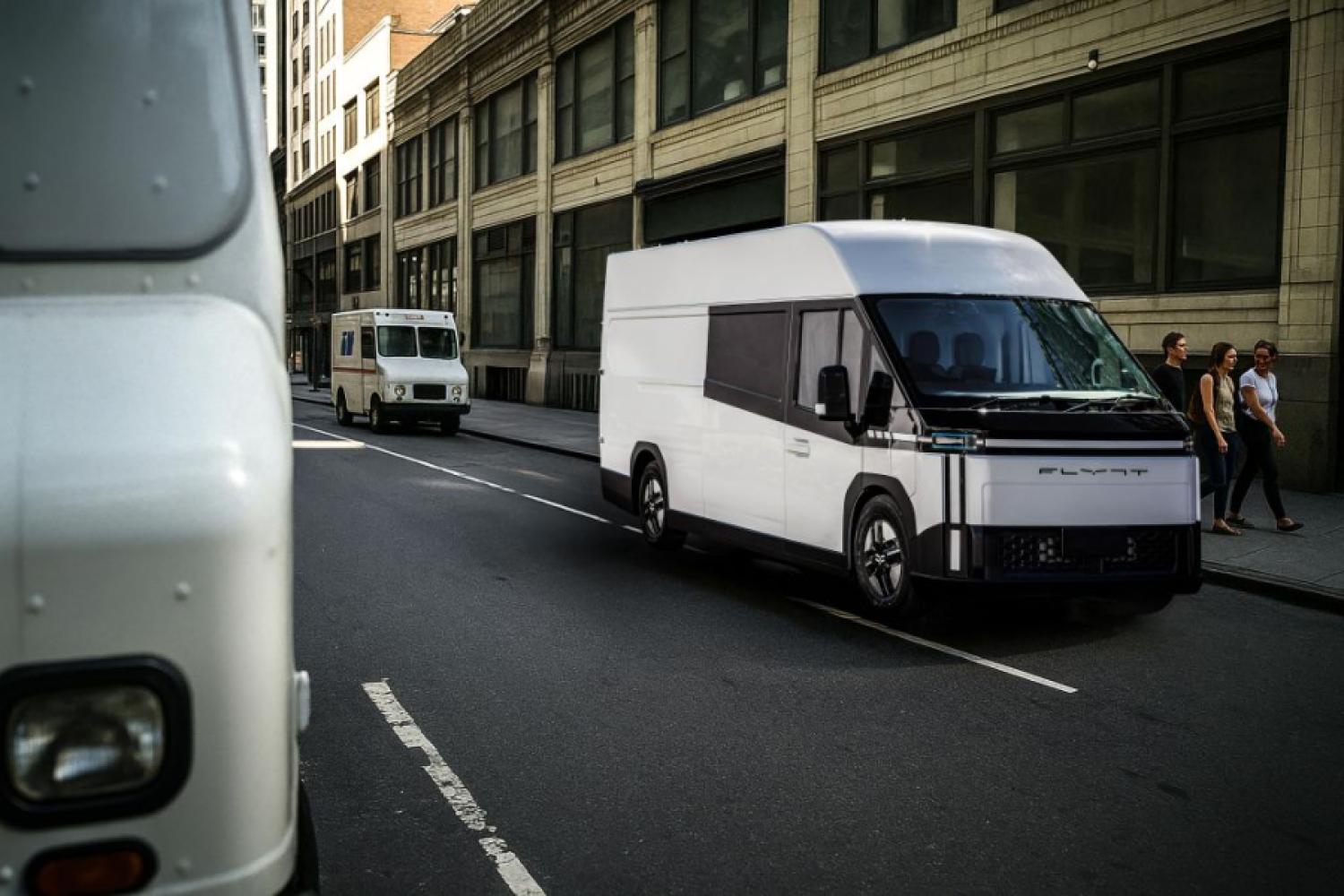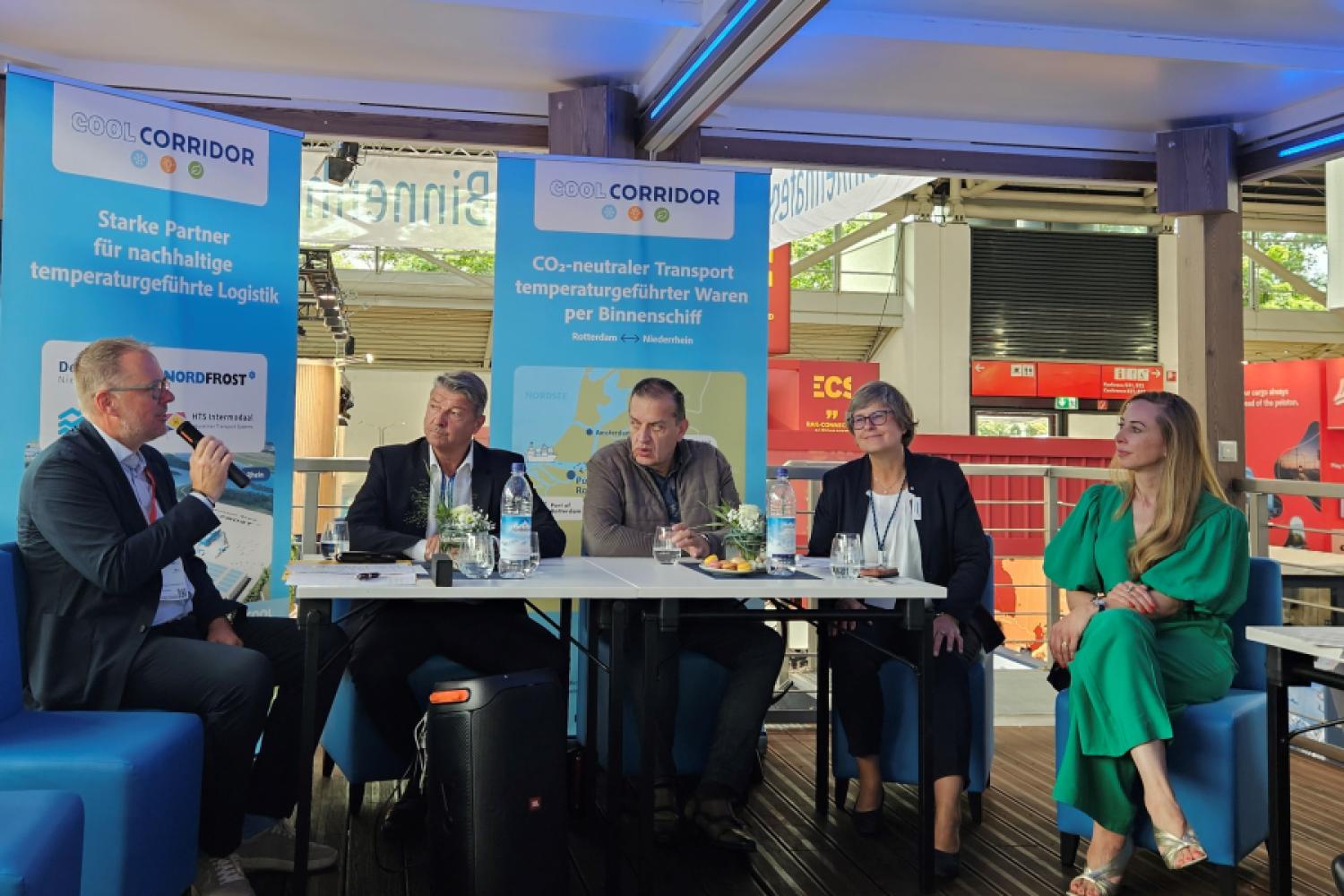The shipping company Finnlines is expanding its offering with a new service for climate-friendly sea transports. As the company announced in a recent press release, the so-called Green Lane will start on May 22, 2025, aiming to provide significantly lower-emission transportation for both cargo customers and passengers. Either biofuels from renewable sources or electric drives powered by shore-supplied batteries will be used.
According to Finnlines, the fully electric option is the most sustainable option in the current industry environment. It is initially being offered on the heavily trafficked route between Kapellskär and Naantali. The two new hybrid RoPax ships "Finnsirius" and "Finncanopus" will be used, their batteries with a capacity of 5 MWh being charged during port stays. For the crossing, they then provide the
necessary energy to at least partially replace fossil fuels.
Antonio Raimo, Line Manager at Finnlines, emphasizes the company's progress: “Our top priority is to reduce emissions, and we are already seeing concrete results. With the introduction of our new ships, the ‘Finnsirius’ and the ‘Finncanopus’, we have entered the hybrid age and can now offer our customers even more efficient and sustainable sea transports.”
Despite an increased cargo capacity, CO2 emissions per nautical mile on the Kapellskär–Naantali route have decreased by 22 percent.
In addition to the battery-based option, Finnlines also relies on biofuels. On several short-sea shipping routes – including Travemünde–Malmö, Malmö–Świnoujście, Kapellskär–Naantali, and Gdynia–Hanko – cargo shippers can reduce CO2 emissions by up to 90 percent compared to conventional fossil fuels by using
biofuels. If customers opt for this option, the company commits to replacing the corresponding amount of fossil fuel with sustainable alternatives.
Merja Kallio-Mannila, Commercial Director at Finnlines, explains:
“We want to offer our customers concrete solutions to achieve their decarbonization goals. Both options lead to lower emissions. For instance, the use of biofuel can reduce the carbon dioxide emissions on the Gdynia–Hanko route by up to 700 kg per trailer.”
Passengers will also be able to use the Green Lane on selected routes in the future. Among others, on the routes Kapellskär–Långnäs–Naantali, Travemünde–Helsinki, Świnoujście–Malmö, and Travemünde–Malmö, the shipping company intends to adjust the use of biofuels proportionally to the number of passengers to reduce individual emissions.
With the Green Lane service, Finnlines pursues its long-term
strategy of more closely integrating transport and sustainability. Over the past two decades, the company claims to have invested around two billion euros in new builds and fleet renewal. Another milestone is planned for 2028 to 2029: Three RoPax ships with methanol propulsion are to be put into service on the route between Travemünde and Helsinki.
Thomas Doepel, President and CEO of Finnlines, expresses confidence in the chosen course:
“In April, we announced a new investment program consisting of three methanol-powered RoPax ships to be used on the route between Germany and Finland. These new, as well as previous investments, enable us to offer our customers fossil-free freight transport. The announcement has generated significant interest, and we are confident that demand will continue to rise
